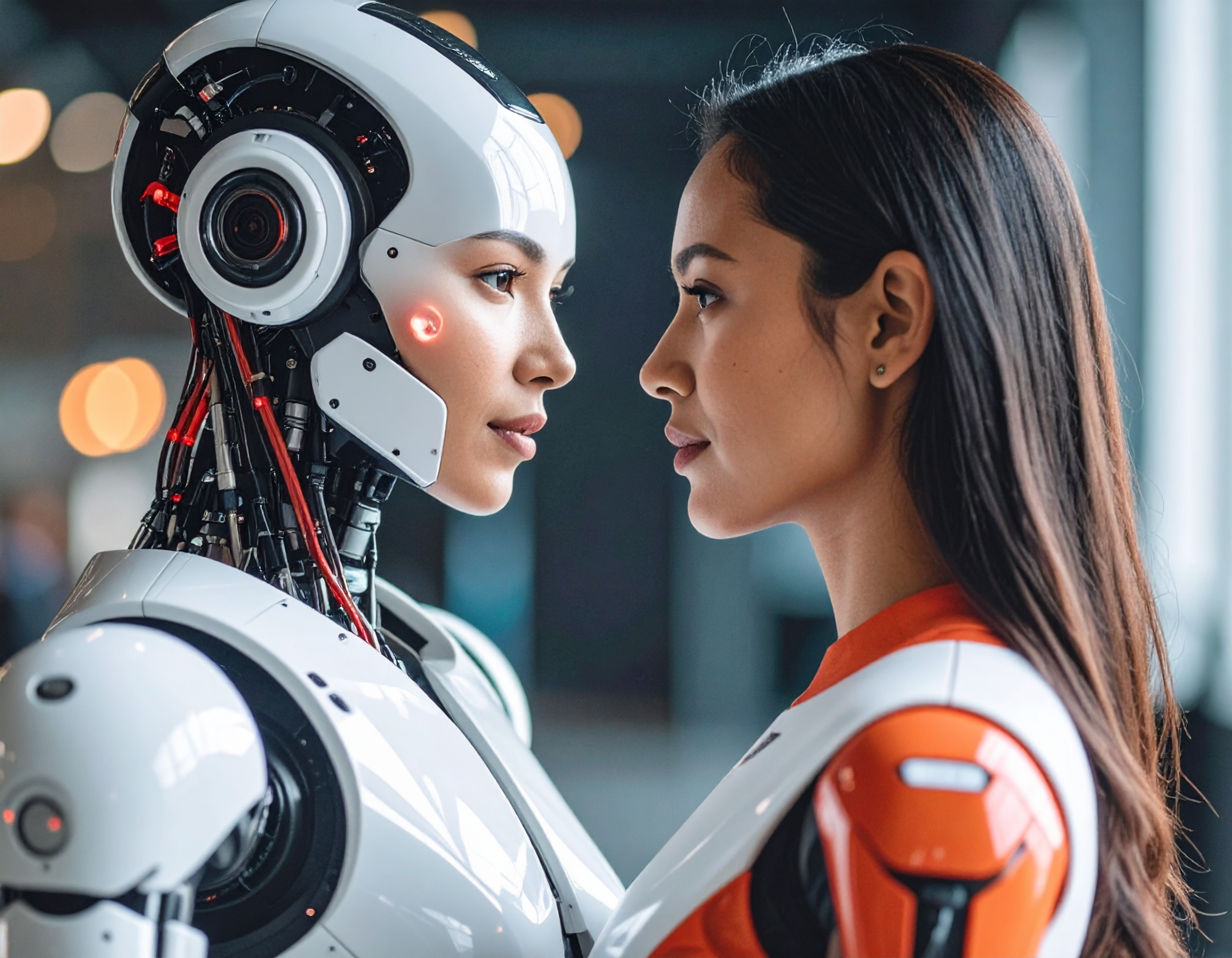Advancing Industry Safety: European Researchers Pioneer Self-Adaptive Industrial Robots

In a groundbreaking move toward safer and more efficient industrial practices, European researchers have embarked on a mission to enhance human-robot collaboration through self-adaptive industrial robots. The initiative comes as a response to the longstanding challenge posed by traditional industrial robots, which excel at specific tasks but encounter safety hazards when faced with unexpected obstacles or human interaction.
The project, known as RoboSAPIENS, is a collaborative effort involving universities, tech accelerators, and private research labs across the European Union. Funded by the European Union’s Horizon Europe 2021-2027 research and innovation programme, RoboSAPIENS aims to develop and implement safety mechanisms that enable robots to adapt to dynamic environments while ensuring trustworthy collaboration with humans.
One of the key innovations of RoboSAPIENS is the integration of a trustworthiness checker into the Monitor-Analyze-Plan-Execute-Knowledge (MAPE-K) framework for self-adaptive systems. This addition allows robots to verify the safety and trustworthiness of their actions in real-time, enabling them to update their plans autonomously in response to obstacles or changes in the environment.
The project leverages cutting-edge technologies such as Deep Learning (DL) and Digital Twin (DT) techniques to generate new control settings for the robots. By combining these technologies, researchers aim to equip industrial robots with the ability to adapt rapidly to unforeseen circumstances while maintaining and even enhancing performance and safety standards.
RoboSAPIENS is already making strides in various industrial applications, including disassembling electronic consumer waste, improving navigation predictability of autonomous water vessels, and enhancing the adaptability of Autonomous Mobile Robots (AMRs) on machine shop floors. The consortium's efforts underscore the importance of ensuring the safety and reliability of intelligent agents in collaborative work environments.
The initiative by European researchers echoes global efforts to advance the field of robotics, with companies like Google's Deep Mind and teams of Japanese researchers also focusing on developing self-adaptive robots for industrial applications. As industries increasingly rely on automation and digital employees, initiatives like RoboSAPIENS pave the way for safer, more efficient, and collaborative work environments, marking a significant milestone in the evolution of industrial robotics.
Key Highlights:
- European researchers are spearheading a project called RoboSAPIENS to enhance human-robot collaboration through self-adaptive industrial robots.
- Traditional industrial robots face safety hazards when confronted with unexpected obstacles or human interaction, prompting the need for adaptive solutions.
- RoboSAPIENS integrates a trustworthiness checker into the MAPE-K framework, enabling robots to verify the safety of their actions in real-time and update their plans autonomously.
- Cutting-edge technologies like Deep Learning (DL) and Digital Twin (DT) techniques are employed to equip industrial robots with rapid adaptability while maintaining performance and safety standards.
- RoboSAPIENS is already making strides in various industrial applications, including disassembling electronic waste and improving navigation predictability for autonomous vessels.
- The project's efforts highlight the importance of ensuring the safety and reliability of intelligent agents in collaborative work environments.
- Globally, initiatives like Google's Deep Mind and Japanese research teams are also focused on developing self-adaptive robots for industrial applications.
- These advancements mark a significant milestone in the evolution of industrial robotics, paving the way for safer, more efficient, and collaborative work environments.
Reference:


